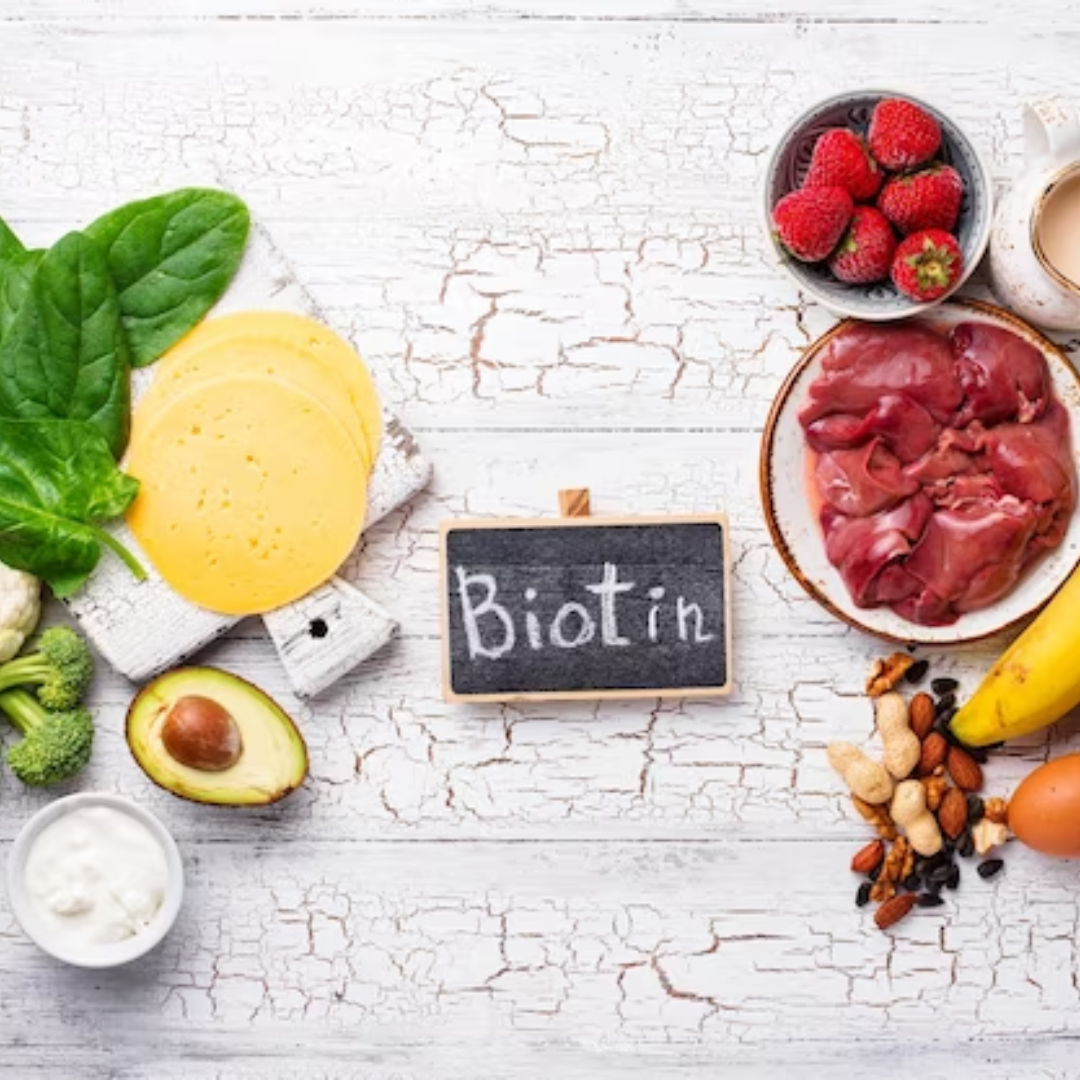The Power of Nutrition: Managing PCOS Symptoms with PCOS Friendly Food

Nourishing Your Body with PCOS Friendly Food
The full form of PCOS is Polycystic Ovary Syndrome. Living with Polycystic Ovary Syndrome (PCOS) can be challenging, but taking control of your diet and incorporating PCOS friendly food can make a significant difference in managing its symptoms. PCOS is a hormonal disorder that affects women of reproductive age, causing irregular periods, infertility, weight gain, and other distressing symptoms. While there is no cure for PCOS, a healthy diet can help alleviate the symptoms and promote overall well-being.
This article serves as a comprehensive guide to PCOS friendly food, focusing on nutrient-rich options that can aid in managing PCOS symptoms. From fruits and vegetables to lean proteins and whole grains, we will explore the best food choices to include in your diet. So let’s dive in and discover how you can nourish your body with PCOS friendly food!
PCOS Friendly Food: The Key to a Balanced Diet
A balanced diet is essential for managing PCOS and promoting overall health. Including the right combination of nutrients in your meals can help regulate insulin levels, manage weight, and support hormonal balance. Here are some PCOS friendly food options that you should consider incorporating into your diet:
1. Colorful Fruits and Vegetables
Eating a variety of colorful fruits and vegetables provides essential vitamins, minerals, and antioxidants. These nutrient powerhouses can help reduce inflammation and support hormone regulation. Aim for at least five servings per day, including options like:
- Berries: Strawberries, blueberries, raspberries, and blackberries are rich in antioxidants and fiber, which can help stabilize blood sugar levels and improve insulin sensitivity.
- Leafy Greens: Spinach, kale, and Swiss chard are excellent sources of iron and calcium, which can support menstrual regularity and bone health.
- Cruciferous Vegetables: Broccoli, cauliflower, and Brussels sprouts contain compounds that aid in estrogen metabolism, helping to balance hormone levels.
2. Lean Proteins
Including lean proteins in your diet is crucial for managing PCOS. Proteins provide essential amino acids, promote satiety, and assist in stabilizing blood sugar levels. Opt for the following PCOS friendly food sources:
- Skinless Chicken Breast: High in protein and low in fat, chicken breast is an excellent choice for lean protein.
- Fish: Fatty fish such as salmon, trout, and sardines are rich in omega-3 fatty acids, which can help reduce inflammation and improve insulin sensitivity.
- Legumes: Beans, lentils, and chickpeas are not only great sources of protein but also provide fiber that aids in blood sugar control.
3. Whole Grains
Incorporating whole grains into your diet can help manage PCOS symptoms by providing fiber, vitamins, and minerals. Whole grains have a lower glycemic index compared to refined grains, which means they have a slower impact on blood sugar levels. Opt for:
- Quinoa: A versatile grain that is rich in protein and contains essential amino acids. Quinoa is also gluten-free, making it suitable for those with gluten sensitivities.
- Oats: Rich in soluble fiber, oats can help regulate blood sugar levels and improve insulin sensitivity.
- Brown Rice: An excellent alternative to refined white rice, brown rice is a whole grain that provides essential nutrients and dietary fiber.
4. Healthy Fats
Incorporating healthy fats into your diet is essential for managing PCOS and supporting hormonal balance. Healthy fats provide satiety, promote nutrient absorption, and reduce inflammation. Include the following PCOS friendly food sources of healthy fats:
- Avocado: Packed with monounsaturated fats, avocados are not only delicious but also provide essential nutrients that support overall health.
- Nuts and Seeds: Almonds, walnuts, chia seeds, and flaxseeds are rich in omega-3 fatty acids, fiber, and antioxidants, making them ideal choices for PCOS-friendly snacking.
- Olive Oil: A staple in the Mediterranean diet, olive oil is a healthy source of monounsaturated fats and antioxidants.
5. Dairy Alternatives
For individuals with PCOS who are lactose intolerant or prefer to avoid dairy, there are numerous dairy alternatives available that can provide essential nutrients without exacerbating PCOS symptoms. Opt for:
- Almond Milk: Low in calories and carbohydrates, almond milk is a nutritious dairy alternative that can be enjoyed on its own or used in various recipes.
- Coconut Yogurt: Rich in probiotics and healthy fats, coconut yogurt is a dairy-free option that supports gut health and provides essential nutrients.
6. Anti-Inflammatory Foods
Inflammation is a common issue for individuals with PCOS. Incorporating anti-inflammatory foods into your diet can help reduce inflammation and alleviate PCOS symptoms. Consider adding:
- Turmeric: This vibrant spice contains curcumin, a potent anti-inflammatory compound. Sprinkle turmeric in your meals or enjoy it in a warm cup of golden milk.
- Ginger: Known for its anti-inflammatory properties, ginger can be added to meals, teas, or smoothies to help reduce inflammation and support digestion.
- Green Tea: Rich in antioxidants, green tea has been shown to reduce inflammation and improve insulin sensitivity. Enjoy a cup of green tea as a refreshing and healthful beverage.
Whey Protein Isolate Vs. Concentrate? Which One is Good 2023
7. Hydration and Herbal Teas
Staying hydrated is essential for overall health and can also aid in managing PCOS symptoms. Opt for water as your primary beverage and consider incorporating herbal teas, such as:
- Peppermint Tea: Known for its soothing properties, peppermint tea can help alleviate digestive issues and promote relaxation.
- Chamomile Tea: This herbal tea has calming effects, making it an excellent choice for managing stress and supporting quality sleep.
- Spearmint Tea: Studies have shown that spearmint tea may help reduce excess androgen levels in women with PCOS, leading to improvements in hirsutism (excessive hair growth) and acne.
FAQs About PCOS Friendly Food
Embracing a PCOS Friendly Food for Better Health
Incorporating PCOS friendly food into your diet can have a profound impact on managing Polycystic Ovary Syndrome and promoting overall health. By choosing nutrient-dense options, focusing on whole foods, and prioritizing a balanced diet, you can support hormonal balance, manage weight, and reduce inflammation.
Remember to include colorful fruits and vegetables, lean proteins, whole grains, and healthy fats in your meals. Additionally, stay hydrated, enjoy herbal teas, and be mindful of your choices. While diet alone may not cure PCOS, it can significantly improve symptoms and enhance your quality of life.
So, start making small, sustainable changes today, and embrace a PCOS-friendly Food that nourishes your body and supports your well-being.
- Where to Find the Best Plum Cake in Bangalore for Christmas & New Year - November 23, 2025
- Water Intake Calculator: Everything You Need to Know - September 7, 2024
- 5 Weight Gain Drink Recipes for Healthy Bulking - March 29, 2024










One thought on “PCOS Friendly Food: A Guide to Managing Polycystic Ovary Syndrome Through Nutrition”